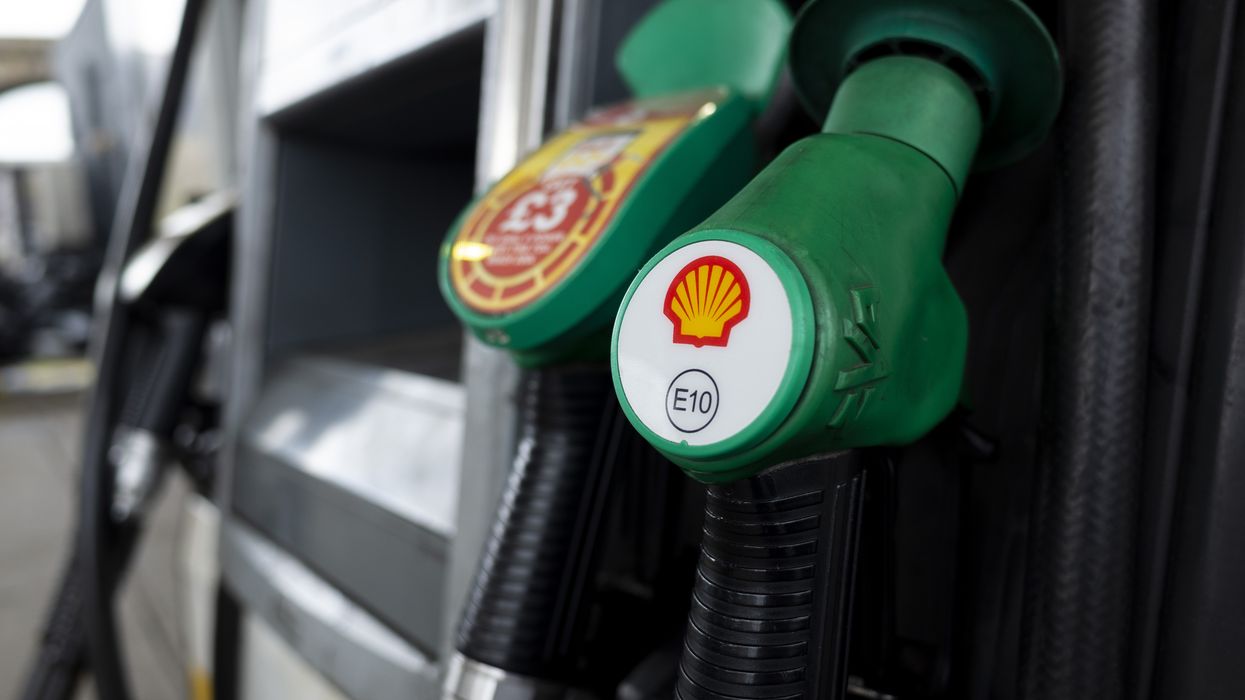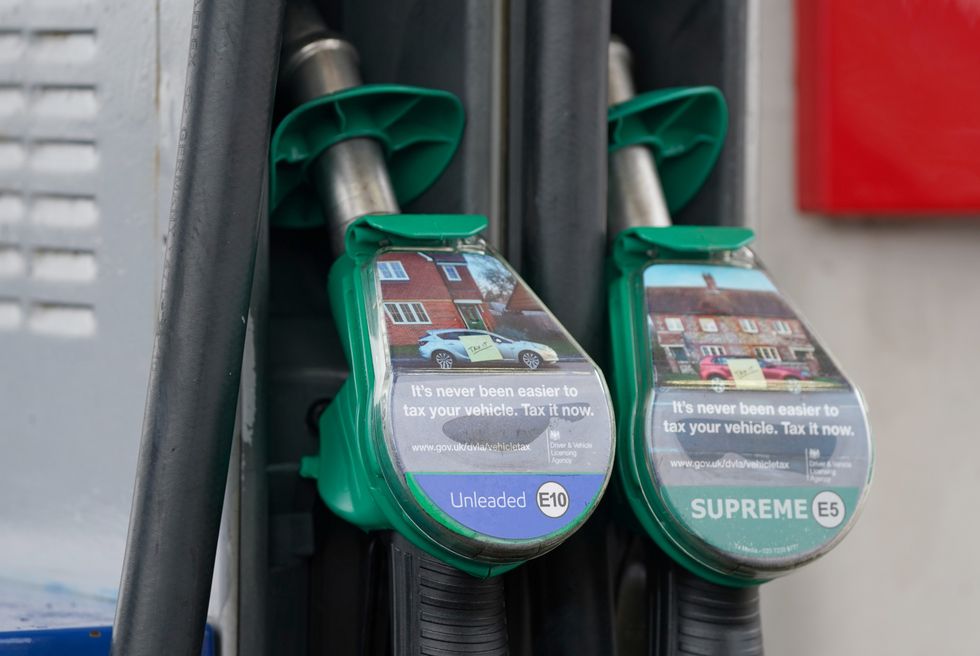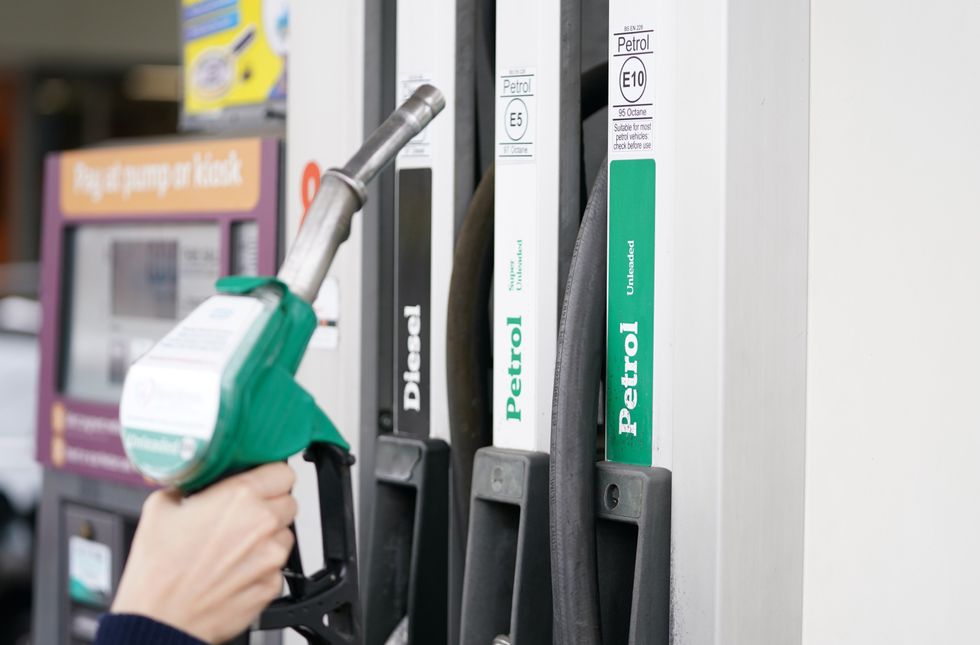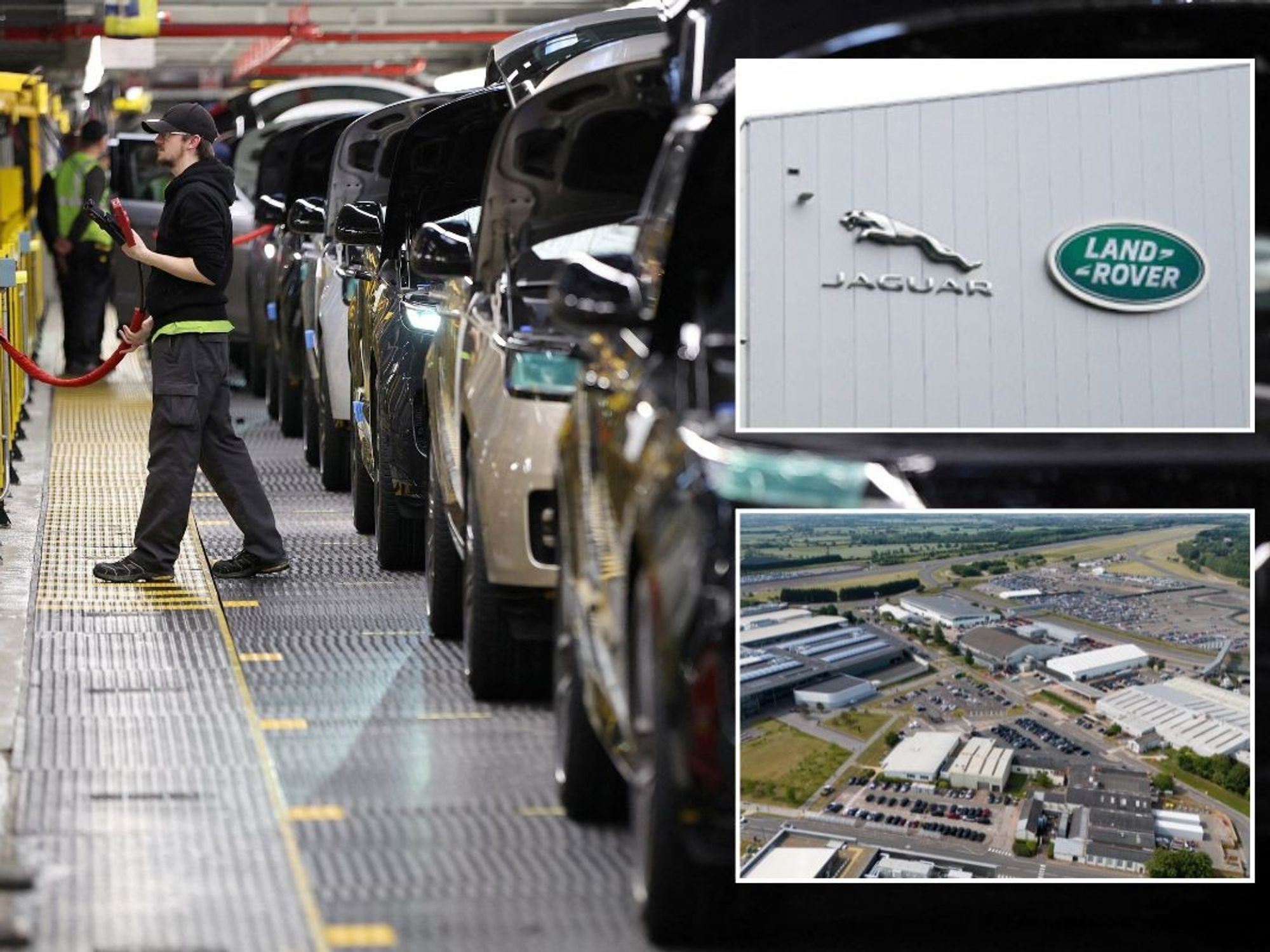Major fuel changes 'would be useful' for drivers despite E10 petrol launch at filling stations

Experts have called for new fuel rules to be introduced
| GETTY
Fuel duty rates have been 5p per litre lower for the last two years
Don't Miss
Most Read
Experts have demanded changes to be introduced to reform the system of fuel duty following the rollout of a renewable petrol onto forecourts.
Renewable fuels are already being used across the UK with E10 petrol being the standard form of unleaded at filling stations around the UK.
E10 was first launched in England, Scotland and Wales in September 2021, while Northern Ireland made the forecourt change in November 2022, followed by the Republic of Ireland in April last year.
Drivers have been supported by the Government to deal with petrol and diesel prices, with the five pence per litre cut to the rate of fuel duty first introduced in 2022.
Do you have a story you'd like to share? Get in touch by emailing motoring@gbnews.uk

E10 petrol changes resulted in a drop in the use of biodiesel fuel
| PA
The fuel duty cut has been extended for the following two years, even though petrol and diesel prices continue to rise.
Despite this, experts have suggested that major changes need to be introduced to ensure fuel duty rates are maintained alongside the ever-growing list of renewable and sustainable fuels.
Simon Sutcliffe, a customs and excise Partner at leading audit, tax and advisory firm Blick Rothenberg, called on the Government to address issues with fuel and "tax them accordingly".
He said: "It has gone some way to addressing this issue with the Renewable Fuel Transport Obligation (RFTO) which obligates suppliers to ensure that a certain percentage of their fuel comes from renewable and sustainable sources.
"The suppliers then redeem certificates showing their compliance. However, they can also ‘buy out’ of their obligation. Therein lies the first issue."
He noted how electricity is not included in the RTFO, which is different to how other European countries manage their fuel taxation systems.
These can be seen through Renewable Transport Energy Obligations, which would not face the same obligations on sustainability and would instead focus on how different "fuels" are categorised.
Data from the Department for Transport in relation to the RTFO states that the switch from E5 to E10 has enabled "greater quantities of bioethanol to be used in transport", helping to cut emissions rates.
The introduction of E10 petrol has also contributed to a proportional decrease in biodiesel, although it still has the largest market share of renewable fuels.
The report added: "The increased proportion of bioethanol is likely to be driven by the introduction of E10 in late 2021, a biofuel made up of at least 90 per cent regular unleaded and up to 10 per cent ethanol."
However, Sutcliffe acknowledged that different VAT rates are applied to different fuels, as seen in the disparity between home charging an electric vehicle (five per cent) and charging in public (20 per cent).
He said there are other initiatives that could be used as a model to improve the system of taxation including the Hydrogen Production (HPBM) model and the UK Emissions Trading Scheme (UKETS).
LATEST DEVELOPMENTS:
- Petrol and diesel cars to be sold 'for the foreseeable future' alongside EVs, BMW boss says
- Major car brand unveils huge U-turn by bringing popular models back to the UK one year after ending sales
- Labour to launch European Union driving laws to boost electric cars amid pledge to scrap petrol and diesel

The Government originally cut the rate of fuel duty in 2022 at a cost of around £10billion
| PA
The expert added: "A rationalisation of the projects (and acronyms) and a commitment to support a particular direction would be useful for the automotive industry.”










